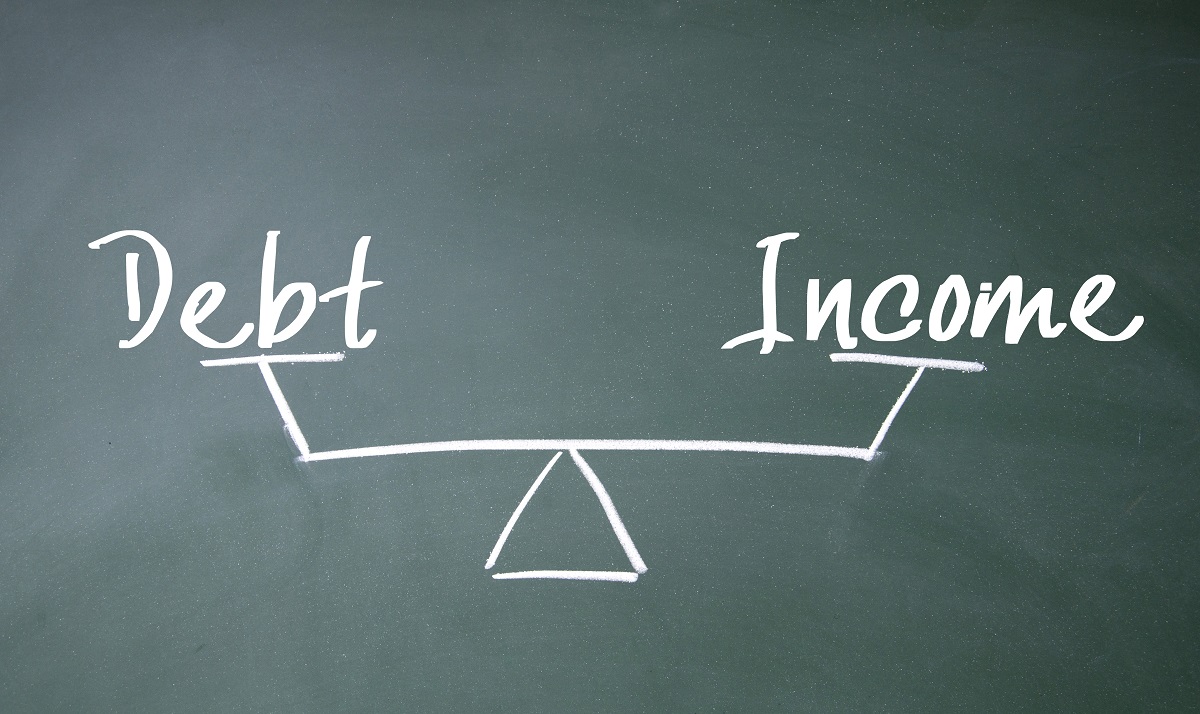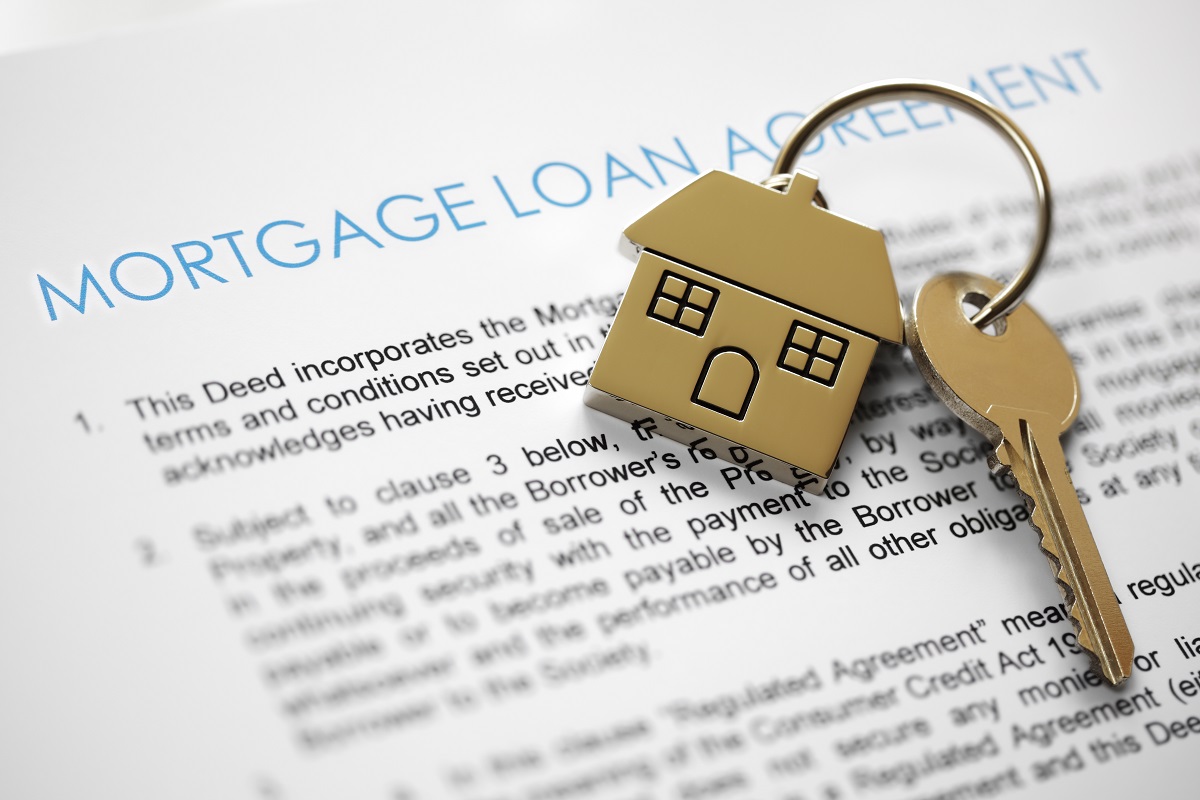- Evaluate your financial readiness before buying a home to ensure you have purchasing power.
- Set a realistic budget taking into account mortgage payments, taxes, utilities, and maintenance costs.
- Calculate your debt-to-income ratio to ensure your debts are not higher than 36% of your monthly income.
- Build a strong credit profile by managing utilization and payment history and by reviewing and improving credit history.
- Start saving early for a down payment, research different loan options, and understand the benefits of conventional mortgages.
Buying a home is one of the most significant financial decisions ever. Whether you’re a first-time homebuyer, upsizing or downsizing, purchasing a home involves a complicated financial process that requires careful planning and preparation. The process can appear overwhelming when you’re looking for a new home.
This is why it’s essential to understand the financial methods for getting your dream home and navigating the financial maze.
Finishing a home can be long and stressful, involving several deadlines and stages. It is why it’s essential to plan and execute financial strategies that will enable you to secure your dream home seamlessly.
Remember that homeownership is a significant financial responsibility, and being proactive about your finances will only benefit your financial goals and enable you to enjoy the home-buying process.
Assessing Your Financial Readiness
Before diving into the real estate market, it is vital to evaluate your financial capacity. Financial readiness involves taking into account your financial goals.
Evaluating Your Current Financial Situation
Assessing your current financial situation is a crucial step in home buying. It would mean evaluating your monthly income versus your regular spending habits. You may need to track your expenses for months to see where you spend your money most.
Once you have determined areas of financial strength and opportunities for improvement, it’s time to decide on your purchasing power.
Setting a Realistic Budget for Homeownership
Now that you know your purchasing power, it’s time to set a realistic budget for homeownership. The budget doesn’t begin and end with the monthly mortgage payments alone. Besides mortgage payments, other expenses such as property taxes, utilities, and monthly maintenance costs should be factored in to avoid financial struggles.
Calculating Your Debt-To-Income Ratio

Another essential aspect to remember when preparing for homeownership is your debt-to-income ratio. Your debt-to-income ratio measures the amount of debt you have compared to your income.
Ideally, your debt-to-income ratio should be no higher than 36%. That means your monthly debts should not exceed 36% of your gross monthly income.
Building a Strong Credit Profile
Your credit score is an essential factor to consider when buying a home. Building a solid credit profile before making a purchase ensures that you qualify for favorable interest rates and do not experience financial difficulties at later stages. The higher your credit score, the better your chances of being approved for loans and mortgages.
Reviewing and Improving Your Credit History
Reviewing your credit history often ensures you’re up to date with any errors that could affect your credit score. It’s not uncommon for people to find errors on their credit reports, either due to fraud or errors by the lender. Reporting errors immediately will reduce the likelihood of being denied loans or mortgages due to errors.
This review process adds the benefit of increasing your financial knowledge and understanding the requirements, fees, and penalties associated with credit products.
Managing Credit Utilization and Payment History
Credit utilization measures the amount of credit used compared to the amount available. A high credit utilization ratio can negatively impact your credit score, which means lenders may view you as high risk.
Making payments on time is equally vital, as missed or late payments could result in late payment fees, damage your credit score and create long-term negative financial consequences.
Saving for a Down Payment
Saving for a down payment is crucial to securing your dream home. It can be overwhelming, but it is vital to start early and have a plan in place.
Setting a Savings Goal
Setting a savings goal is an essential strategy for securing your dream home. When setting a savings goal, being realistic and considering your income, expenses, and other financial obligations is critical. Aim to save a percentage of your income and adjust your costs to meet your goal.
Exploring Different Down Payment Options:
Exploring different down payment options is another essential strategy to help you secure your dream home. Several options are available, including FHA, VA, and conventional loans. Each option has its requirements, benefits, and drawbacks.
Researching and comparing the opportunities is essential to determine which is best suited for your financial situation and home-buying goals.
Exploring Mortgage Options
When buying a home, exploring mortgage options is crucial in securing the right financing for your dream home. Various types of mortgages are available. Each option has its benefits, requirements, and drawbacks. Researching and comparing your options is vital to determine which suits your financial situation and home-buying goals best.
Understanding the Benefits of Conventional Mortgages
Conventional mortgages are popular among homebuyers because they offer several benefits, such as lower interest rates, no PMI for down payments of 20%, and flexible repayment terms. It is essential to have a good credit score, a stable income, and a low debt-to-income ratio to qualify for a conventional mortgage.
Qualifying for a Conventional Mortgage

To qualify for a conventional mortgage, you must have a credit score of at least 620, a debt-to-income ratio of 43% or less, and a stable income and employment history.
Depending on the lender’s requirement, you must also have a down payment of at least 3%-20% of the home’s purchase price. Working with a mortgage lender who can guide you through the qualification process and help you secure the best financing option for your dream home is best.
Navigating the financial maze of homeownership requires significant planning and financial preparedness. While thinking about the home-buying process may be overwhelming, utilizing proper financial strategies will prepare you for the journey ahead.
Moreover, start early, set a savings goal, explore different mortgage options, and develop a budgeting strategy to achieve your goal of homeownership. Remember, buying a home is a long-term goal that requires patience and financial planning, but the rewards of homeownership are worth the effort.

